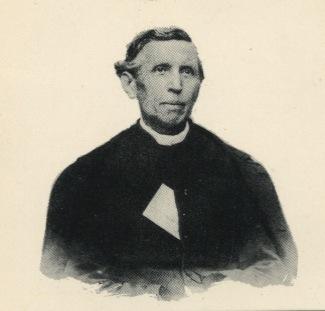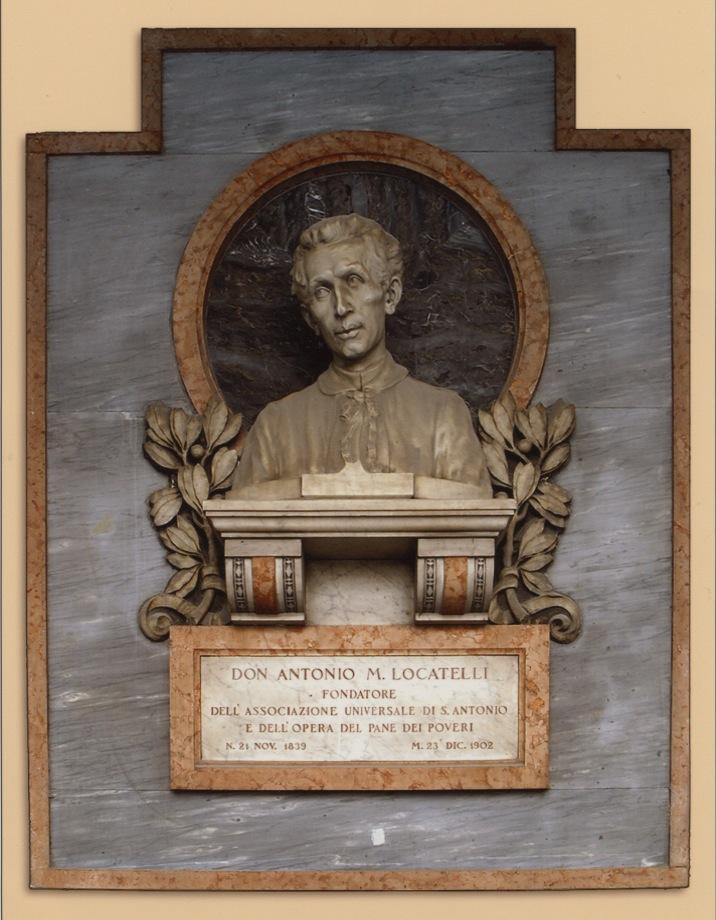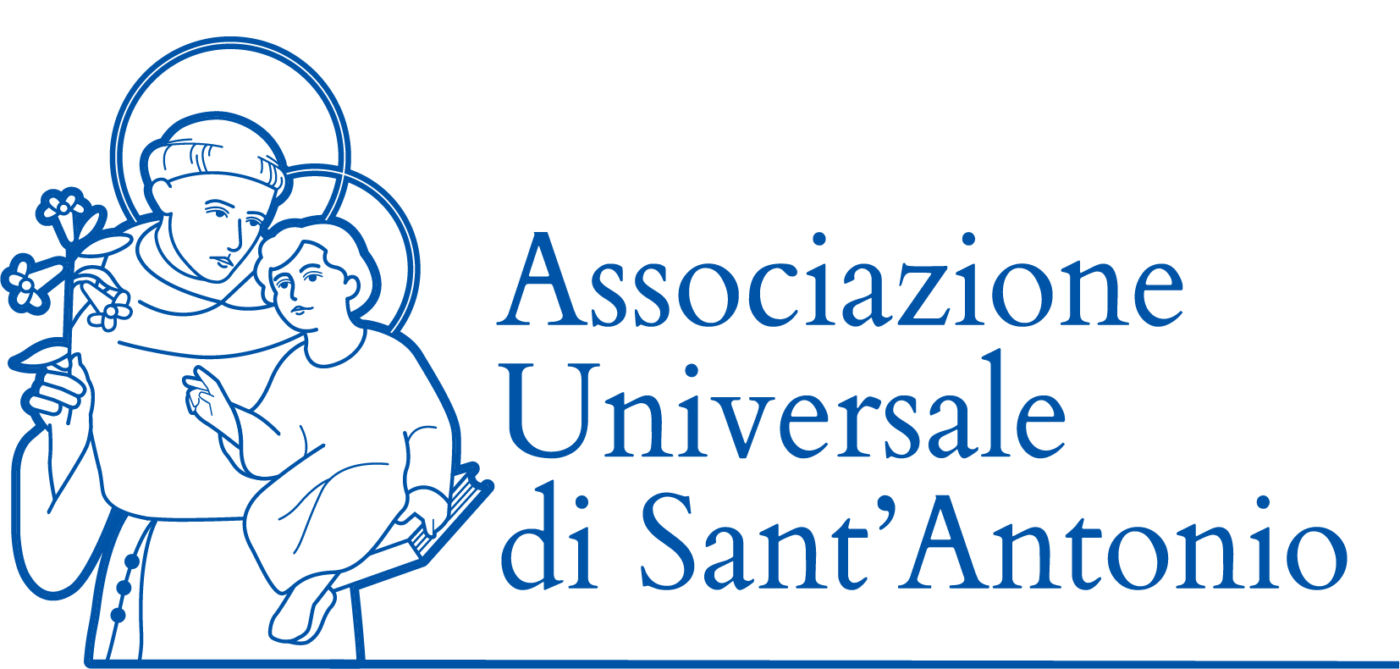He was born in Padova towards the end of 1839, in the parish of the Eremitani (Anchorites). A delicate child, he was baptised at home as he was “in danger of imminent death”. He suffered from precarious health throughout his life, though this did not prevent him from creating a whole ‘landslide’ of works. He was ordained priest in 1863 at the Diocese Seminary, then he spent two years in Venice as secretary to Cardinal Treisanato, whom he also accompanied to the I Vatican Council, this gave him the chance to meet and get to know many Italian and foreign ecclesiastics, who were to help him later in his research on the Saint.
He graduated in theology in 1866. Ten years later the Bishop Canossa of Verona called him to teach in the Seminary: Ethics, Theology and Ecclesiastic History. Then when he returned to Padua he returned to his research in the archives, which was why he had travelled to Rome, Germany, Spain and France.
His profound knowledge of the Christian community of his times stimulated him to concentrate on religious culture. In 1886 he opened the printers the Tipografia Antoniana and with the intention of creating a contact for the devotees of St. Anthony from all over the world, he also founded the Universal Association of St. Anthony. A year later the Charity of the Bread for the Poor was started. Then in 1888 the magazine “The Saint of Miracles” began to be published, then later on the Libreria Antoniana and also the Consecration of children to St. Anthony. His last project was not completed because of a series of difficulties, this was the creation of a Catholic University that would have preceded Father Gemelli’s by twenty years.
His death on 23 December 1902 was greatly mourned, above all by the poor, who had been fed by his bread, by the men of culture and the numerous people who had had received comfort and support from him.




 Italiano
Italiano Français
Français